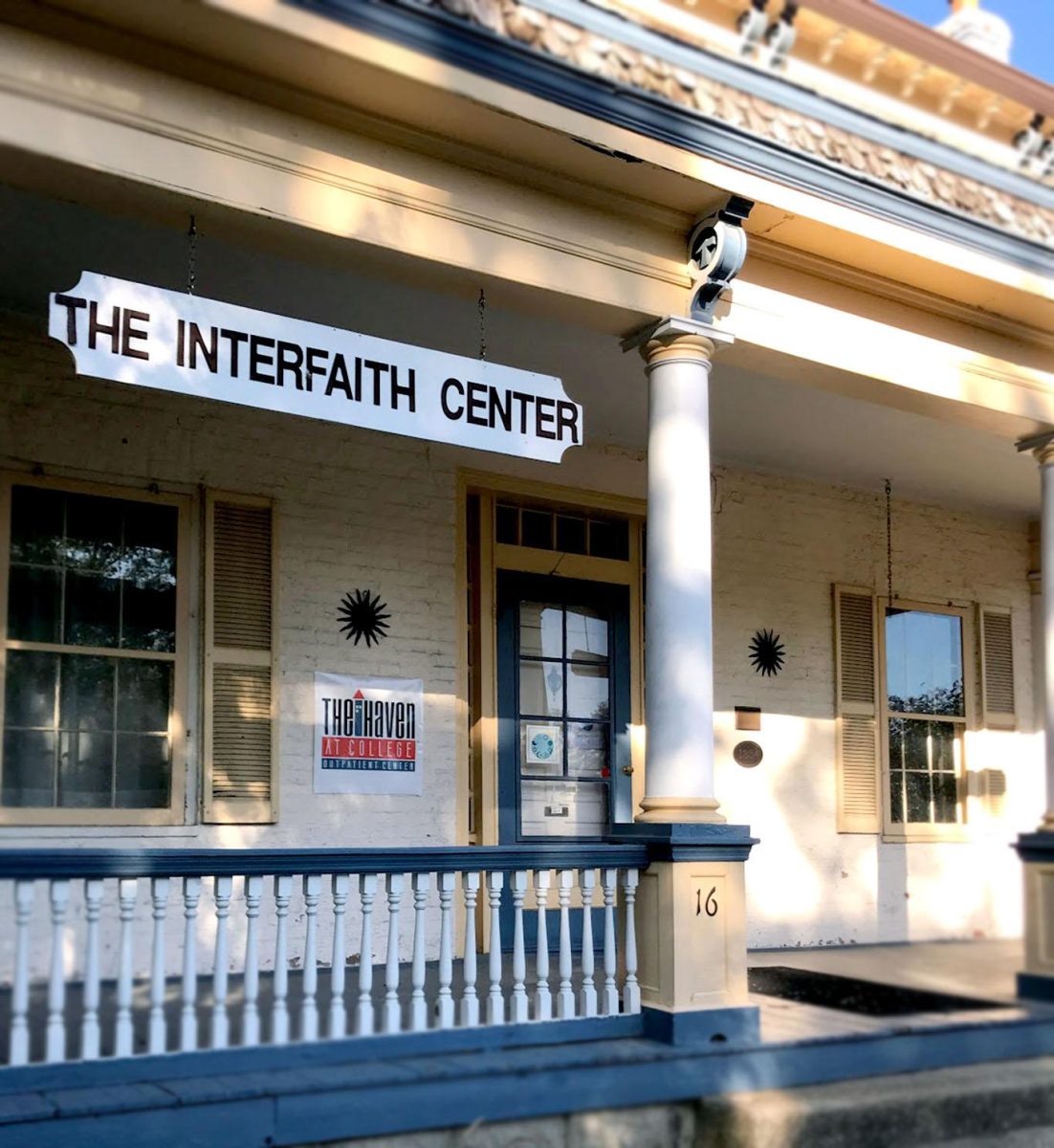Oxford Police statistics show a decrease in non-alcohol drug arrests of college-aged individuals in the city. Caitlyn Nelei-Nunnemaker, clinical director of the Haven at Miami University, said treatment programs like hers may be at least partly responsible.
According to local police and treatment specialists such as Nelei-Nunnemaker, increased education, recovery support and changes in drug trends all contribute to the downward trend in arrests. With less than three months remaining in the year, Oxford had a total of 25 drug-related arrests of individuals ages 18-23, compared to a total of 34 non-alcohol drug arrests for the same age group in all of 2018, according to the police records. In addition to arrests by the Oxford Police, the Miami Police Department reported 118 cases of school disciplinary action related to drug violations during 2018.
Haven began partnering with Miami in 2017. The Haven at College is a national organization that collaborates with universities to provide substance abuse and mental health services to college students and college-bound individuals. Miami is the second university in the country and the first in Ohio to have a Haven outpatient center.
According to Nelei-Nunnemaker, Haven provides many resources for students struggling with substance abuse and, as of this past spring semester, the group also offers mental health, as well as addiction services. Local Haven services include biweekly recovery meetings on Fridays and Saturdays and open sober self-help meetings for individuals in recovery. It also offers mentoring and monitoring, a harm-reduction program allowing individuals who might not be interested in full sobriety but still want help and support to get peer mentors and therapy. Outpatient services for substance abuse and mental health, are also available. According to Nelei-Nunnemaker, outpatient services consist of a combination of case management, individual counseling and group counseling.
Group counseling is a particularly effective method of recovery, according to Nelei-Nunnemaker.
“It helps to reduce stigma and to build a support system,” she said. “When people think they are struggling alone things get worse. When they have the support of peers and not just a therapist, they have the opportunity to see that they are not alone and the opportunity to build a network for themselves of helpful and supportive people who understand what they are going through.”
This support system is also available to students through “Sober Living,” an option available to sober students who are seeking a safe and supportive place to live through an off-campus housing arrangement where you live with a peer who is also in recovery. Sober Living at Miami University is located at the Miami Preserve apartments.
“Substance abuse is a problem on college campuses no matter where you go,” said Nelei-Nunnemaker. According to her, alcohol, marijuana and study drugs such as Adderall are the substances most commonly abused by college students.
While it is too soon to tell if this year’s drug arrests or school disciplinary actions will stay on the decline, The Haven is a fairly new resource for students to utilize. Working in close collaboration with Miami’s health services, The Haven works to intervene in students’ substance use struggles and likely lessen the numbers of drug-related arrests by Oxford PD or disciplinary action from the school.
According to Nelei-Nunnemaker, the most rewarding part of her job is seeing how many students are motivated to go to The Haven and get the help they need to be successful.
“If we can intervene now when these individuals are younger, then they can graduate and go on to live successful lives without having this problem follow them,” she said.
Officer Richard Butler, a school resource officer at Talawanda High School, strongly agrees with this premise. While Nelei-Nunnemaker and others at Haven work to help struggling youth in college with substance use issues, Butler works in his job to educate high school students on the effects of drugs. He works to provide resources for students already struggling. He finds it extremely important to educate kids on these issues using facts rather than scare tactics and agrees that increased resources and education can easily correlate to decreases in substance use.
“You’re altering a path that is not set in stone yet,” Butler said. “I like to tell them that their brains are still mushy, they can still be changed and are still getting molded into what you are going to be as an adult. So that means you can go from bad to good or from good to bad. Now is when you practice being an adult and build your habits.”
According to Butler, he tends to emphasize the “resource” part of his job more than the “officer” part. “High school kids that are 15 and 16 don’t know how to begin to reach out for resources. A lot of the time that’s where I’ll step in with counselors and our social worker here on site,” he said. “Three days a week we have a psychologist and I work very closely with probation and relocation and all of that. It really does take a team, we have filled up a conference room over one kid many times.”


